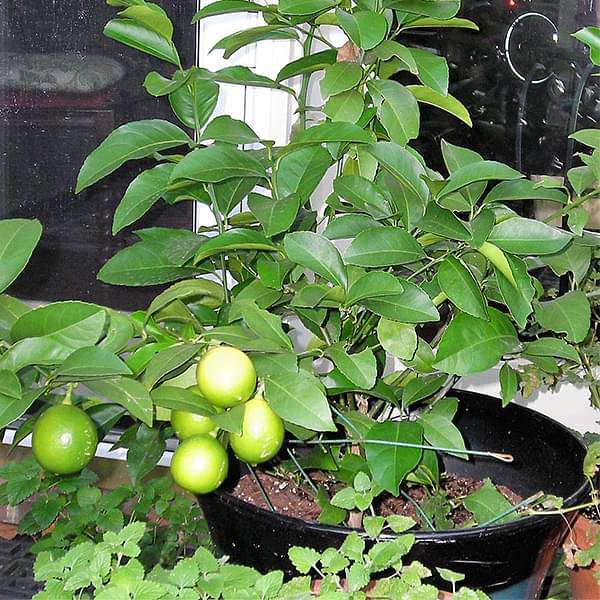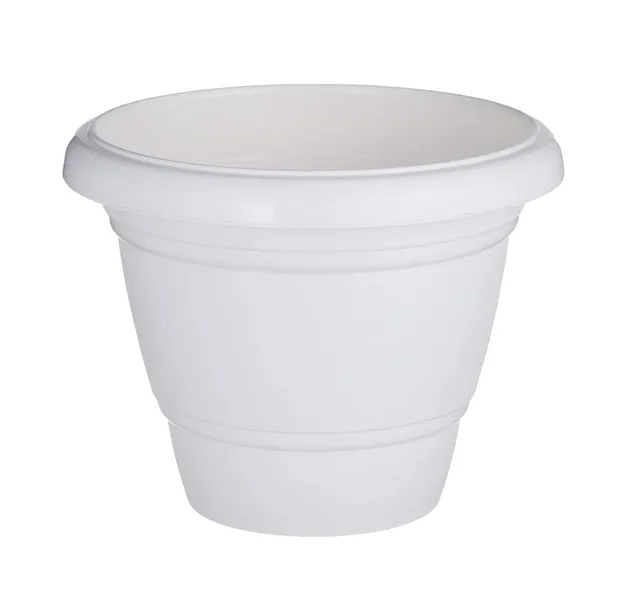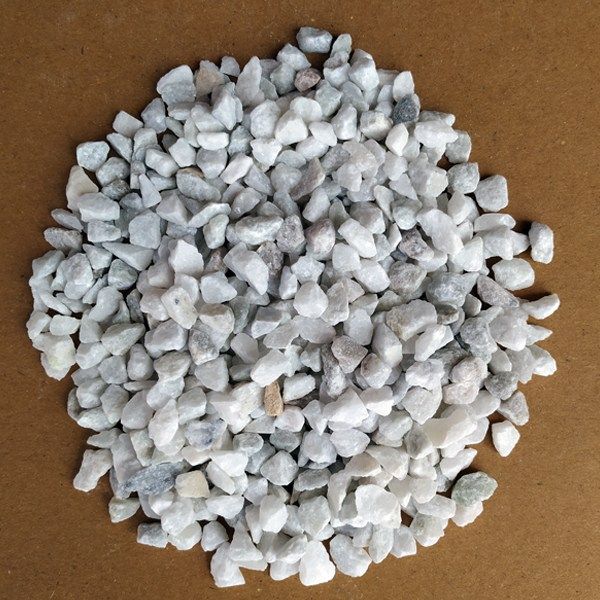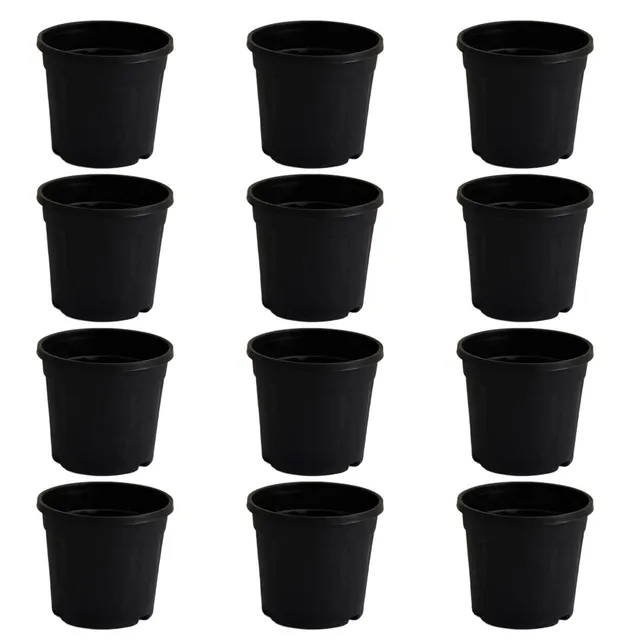What makes it special:
- One of the best attractive fruiting plant.
- Low maintenance plant.
- Perfect plant for pot, outdoor and with lots of health benefits etc.
This product does not have fruit at the time of shipping. After 2-3 year, the plant will bloom and set the fruit.The lemon, Citrus limon, is a species of small evergreen tree in the flowering plant family Rutaceae, Its fruits are round in shape.
In India, in terms of area under cultivation, citrus is the third largest fruit industry after Banana and Mango. Citrus require minimal pruning by trimming overcrowded branches, with the tallest branch cut back to encourage bushy growth. Throughout summer, pinching back tips of the most vigorous growth assures more abundant canopy development.Lemons are one of the healthiest fruits out there with wide-ranging health benefits. They are full of essential vitamins and minerals and have extensive use in the culinary world. Lemon nutrition is very low-calorific but rich in vitamins, essential oils and antioxidant.
Plant Specifications
| Plant Height | 30 inch (76 cm) |
| Plant Spread | 7 inch (18 cm) |
| Common Name | Nimboo, Limboo, lime |
| Maximum Reachable Height | 2-4 meter |
| Flower Colour | White |
| Bloom Time | February-March and June-July |
| Difficulty Level | Easy |
Planting And Care
Sunlight
- Morning sunlight of more than 6 hours a day is ideal for flowering and fruit development.
Soil
- The soil should be well drained, fertile and rich in organic content for growing Nimboo plant.
Watering
- Poke your finger/plain small stick into the soil to check the moisture.
- Apply 4 cup (approx.200ml) of water when the top soil (1-2 inch) in the pot feels dry to touch.
- Do not overwater the plant.
- As a rule of thumb, water the plants thoroughly in summer and reduce watering in winter and rainy season.
- Water should be applied preferably in the morning or evening.
Application of Fertilizer
- Before application of fertilizer loosen the topsoil without disturbing the roots of the plant so, it can uptake the nutrients and moisture easily.
- Apply organic fertilizer once a month during the main growing season (December-February)
- Apply water immediately after application of fertilizer.
Plant Protection
- Remove dead, infected or damaged plant parts and discard them away from the plants.
- For any insect attack or disease, you can use Neem oil, Eucalyptus oil or Citrus oil spray for primary treatment.
Donts
- Do not overwater the plant.
- Avoid applying water on flowers and leaves it may cause fungal infection.
Nimboo Care
Initial care for 1-2 weeks after receiving plant at your location:
- Poke your finger/plain small stick into the soil to check the moisture.
- Apply 4 cup (approx.200ml) of water when the top soil (1-2 inch) in the pot feels dry to touch.
- Keep the plant in indirect bright light.
- Do not re-pot for min. 2 weeks after receiving it.
Key requirements to keep plant healthy:
| Sunlight | Natural bright light with morning sunlight(more than 6 hours) |
| Watering | Apply 4 cup(approx.200ml) of water when the top soil (1-2 inch) in the pot feels dry to touch |
| Soil | Well drained, fertile and rich in organic content |
| Temperature | 13-37 Degree Celsius |
| Fertilizer | Apply organic fertilizer once a month during the main growing season (December-February) |
| Harvest Season | 2-3 month after blooms |
Nimboo Special Feature
Lemon is a rich source of vitamin C, essential nutrients, numerous phytochemical
Nimboo Uses
Ornamental Use:
- Used as screening and hedge purpose in landscaping
Medicinal Use:
- There is a belief in Ayurvedic medicine that a cup of hot water with lemon juice in it every morning tonifies and purifies the liver
- Note: The following information is general guidelines, be sure to ask your healthcare provider for guidelines
Culinary Use:
- The oval fruit is famous is used widely for its juice
- The whole lemon is used to make marmalade, lemon curd and lemon liqueur
- The pulp and rind are also used, primarily in cooking and baking
- Lemon juice is acidic in nature and makes it a cheap, readily available acid for use in educational science experiments
- Lemon juice, rind, and zest are used in a wide variety of food and drink
- It is used to make lemonade, soft drinks, and cocktails







Reviews
There are no reviews yet.